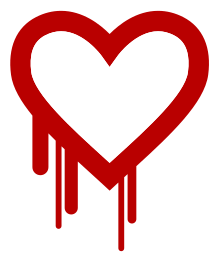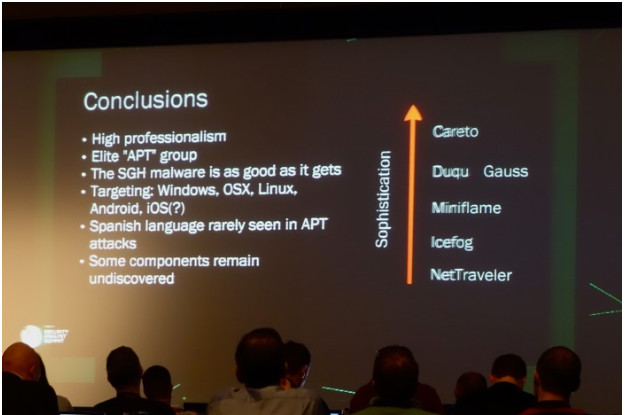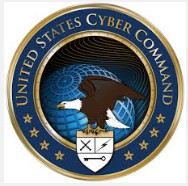Rogers Takes Over Top NSA, Cyber Command Posts

FORT MEADE, Md., April 3, 2014 Navy Adm. Michael S. Rogers assumed command of U.S. Cyber Command and became director of the National Security Agency and the Central Security Service during a ceremony here today.
He succeeds Army Gen. Keith B. Alexander, who retired last week, in all three posts. Previously, Rogers was commander of the Navys 10th Fleet, the services cyber arm. He has already been confirmed by the Senate.
There has not been a discussion about the role of NSA with the public, he acknowledged. We live in a world of great risk, he said. There are individuals, groups out there who, if they had their way, we would not longer exist as a nation. The very values and ideals that we represent are offensive to them and stand against everything they believe in. We need to be mindful of that, and we cant forget.
Rogers said there will be strict adherence to law and policy in the cyber world. There are no shortcuts here, teammates, he said. The nation places its trust in us. It has given us great resources and it counts on us to do the right thing, the right way to defend them.

FORT MEADE, Md., April 3, 2014 Navy Adm. Michael S. Rogers assumed command of U.S. Cyber Command and became director of the National Security Agency and the Central Security Service during a ceremony here today.
He succeeds Army Gen. Keith B. Alexander, who retired last week, in all three posts. Previously, Rogers was commander of the Navys 10th Fleet, the services cyber arm. He has already been confirmed by the Senate.
There has not been a discussion about the role of NSA with the public, he acknowledged. We live in a world of great risk, he said. There are individuals, groups out there who, if they had their way, we would not longer exist as a nation. The very values and ideals that we represent are offensive to them and stand against everything they believe in. We need to be mindful of that, and we cant forget.
Rogers said there will be strict adherence to law and policy in the cyber world. There are no shortcuts here, teammates, he said. The nation places its trust in us. It has given us great resources and it counts on us to do the right thing, the right way to defend them.









